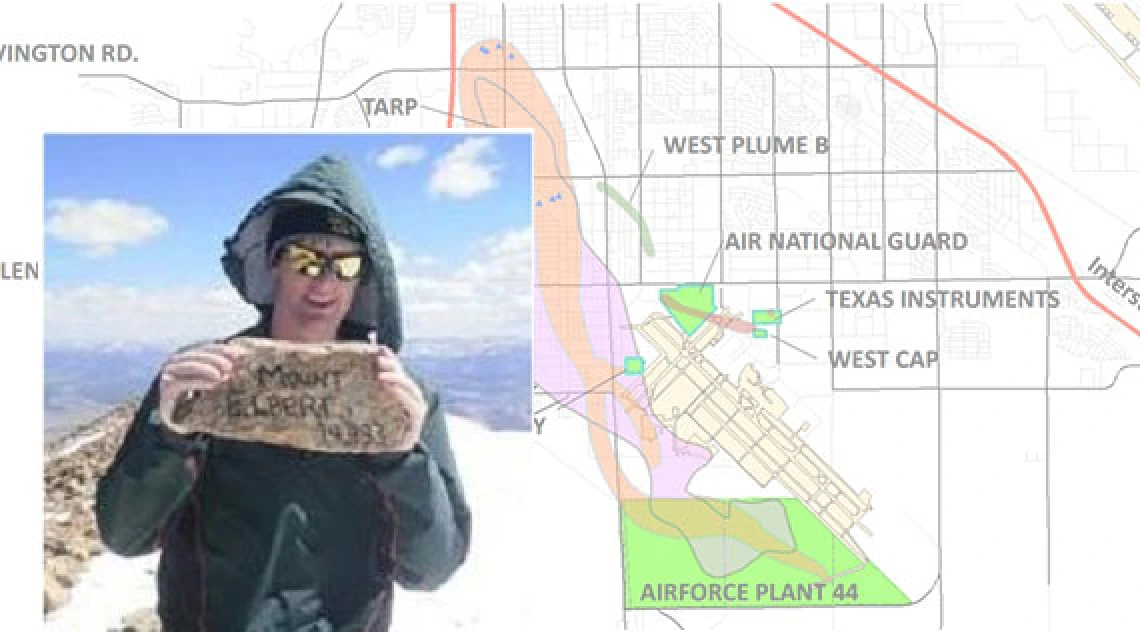Special Edition, Trainee-Written Highlight

Superfund Trainee Attends UCAB Meeting to Learn about the TIAA Site
By: Andrew Thomas

On April 20, 2016, University of Arizona Superfund Research Program (UA SRP) trainee, Andrew Thomas, attended a quarterly Unified Community Advisory Board (UCAB) Community Meeting for the Tucson International Airport Area (TIAA) Superfund Site at the El Pueblo Activity Center in Tucson, AZ. These routine UCAB meetings provide a forum to discuss the ongoing monitoring and remediation activities at the site, and are attended by a mix of stakeholders including project consultants; university researchers; local, state and federal government officials; students; and community members. Contamination at the TIAA site is attributed to a variety of industrial sites in the surrounding area, including Texas Instruments, Raytheon, and Air Force Plant #44, in addition to historical operations at the Tucson International Airport itself. Since the initial contamination was identified, the contaminant plume, composed primarily of chlorinated solvents such as TCE, has migrated across aquifer boundaries into Tucson city limits and is currently considered a threat to groundwater supplies in the area. The meeting Andrew attended consisted of presentations given by consultants, community members, and government officials describing ongoing remediation and monitoring projects at the TIAA site. Included in these presentations was a discussion of a 2016 Well Monitoring Program conducted by the Pima County Department of Environmental Quality, the details of which were presented by PDEQ representative, Marie Light. The presentations and discussions help local residents to remain informed about developments that affect their homes, friends, and family.
 Andrew attended this meeting to become better acquainted with community engagement activities associated with environmental remediation projects. In recalling what he learned, Andrew says, “Involvement of community stakeholders is essential for the success of a remediation project; if I decide to work in the environmental consulting industry, an understanding of this process is vital.” The inclusion of SRP Trainees into community engagement activities, such as local Superfund community meetings, brings an element of real-world applicability into their academic program work and prepares them to actively contribute to real-life remediation solutions.
Andrew attended this meeting to become better acquainted with community engagement activities associated with environmental remediation projects. In recalling what he learned, Andrew says, “Involvement of community stakeholders is essential for the success of a remediation project; if I decide to work in the environmental consulting industry, an understanding of this process is vital.” The inclusion of SRP Trainees into community engagement activities, such as local Superfund community meetings, brings an element of real-world applicability into their academic program work and prepares them to actively contribute to real-life remediation solutions.

